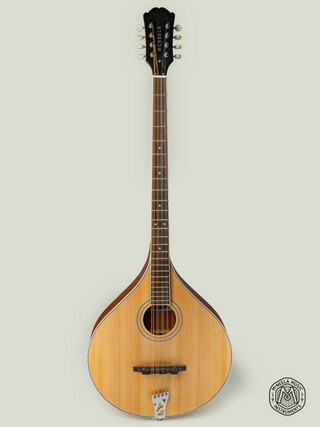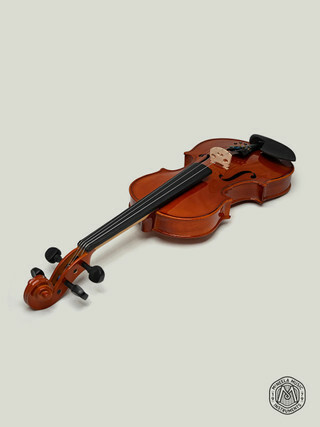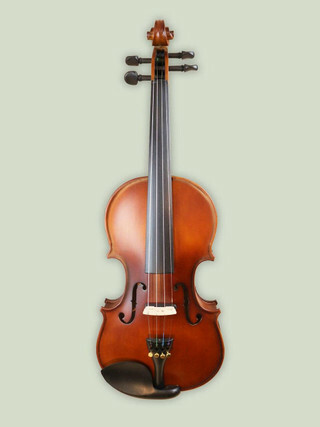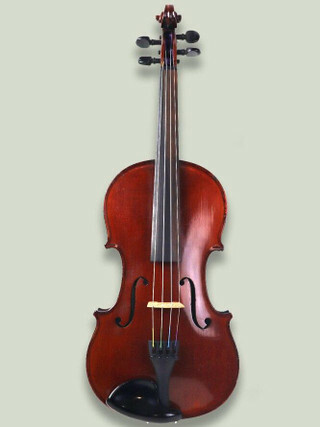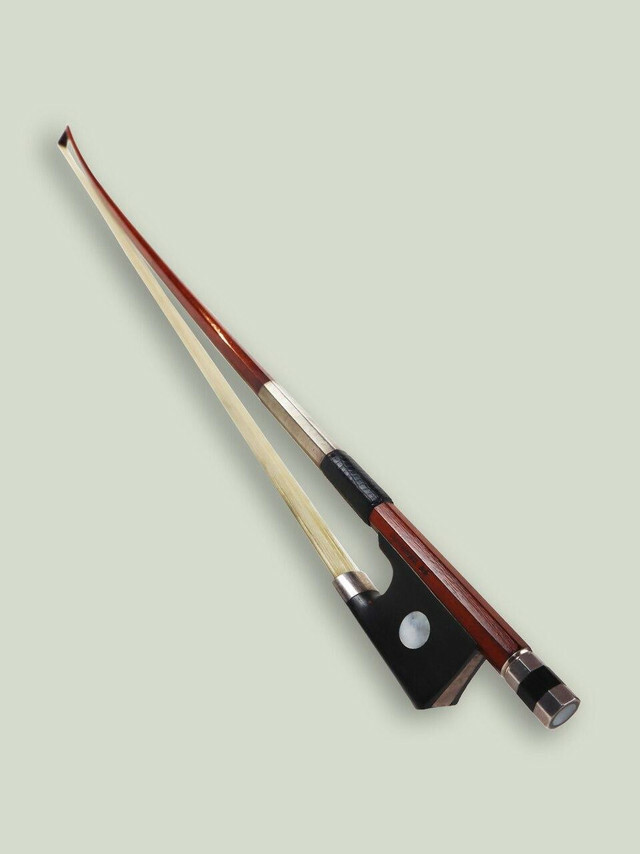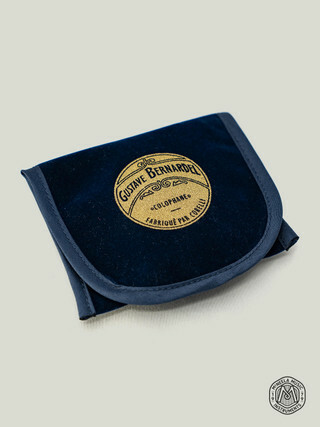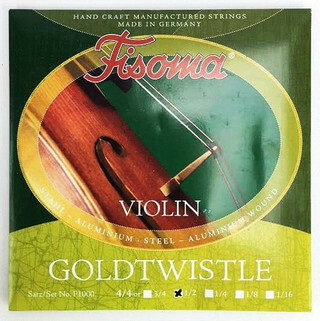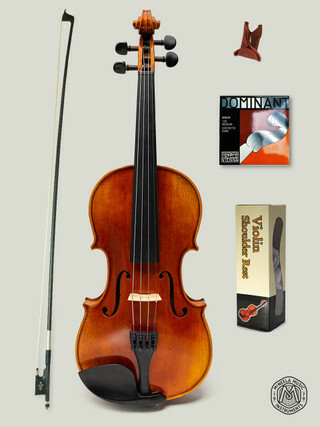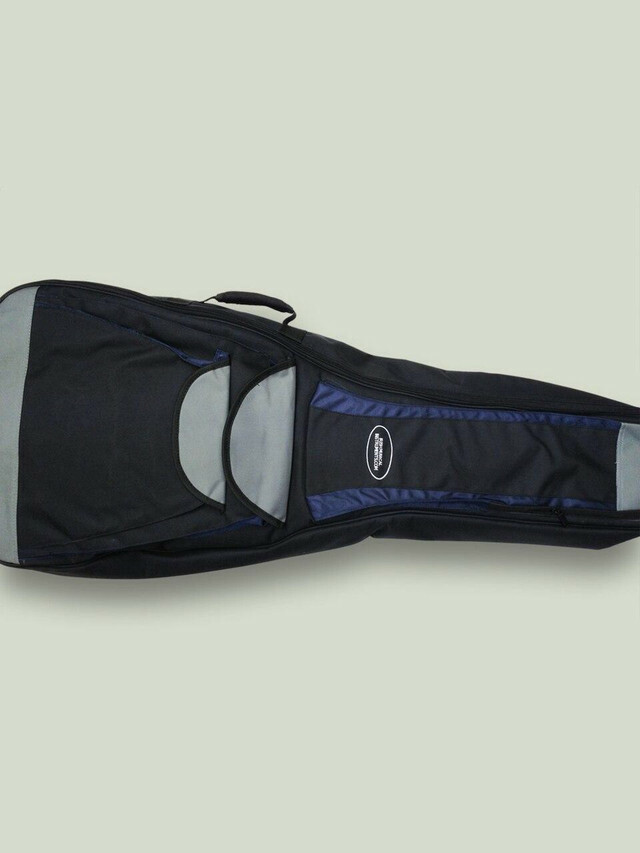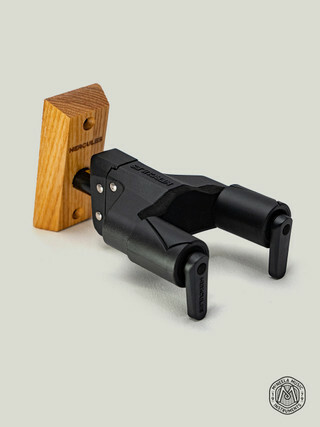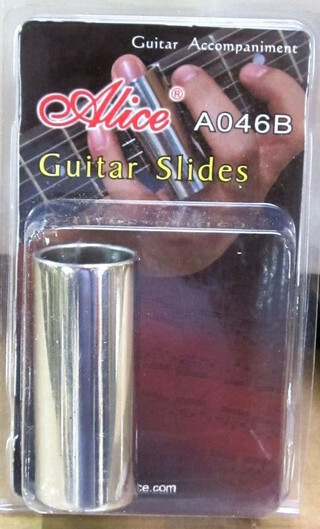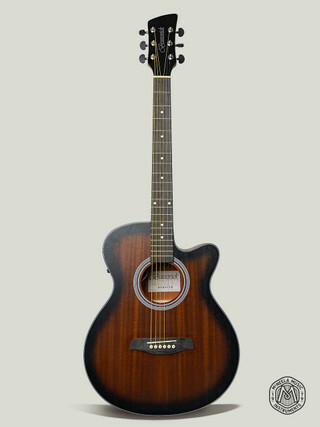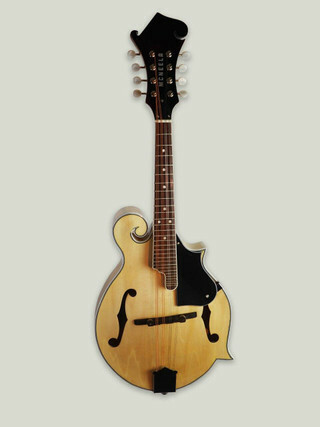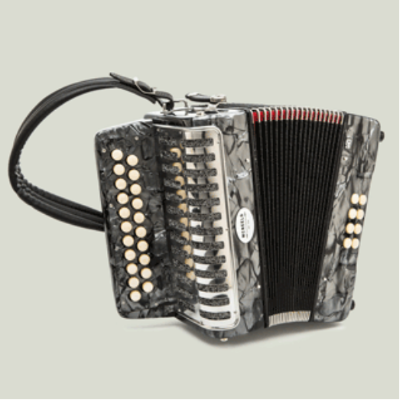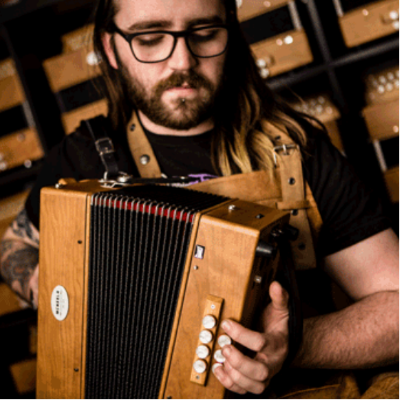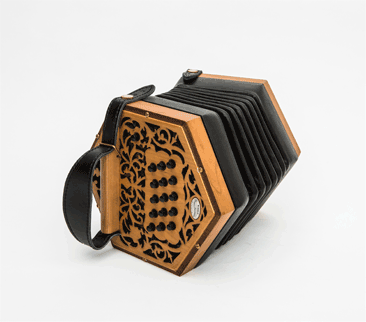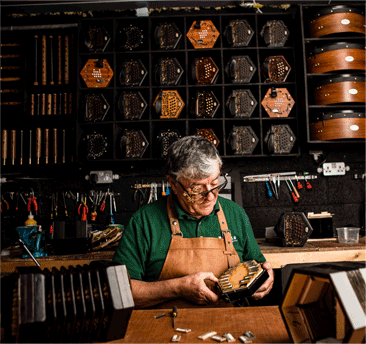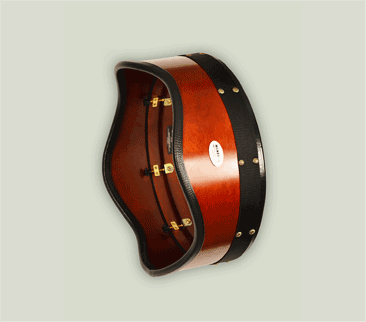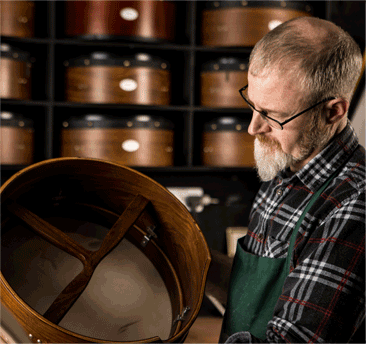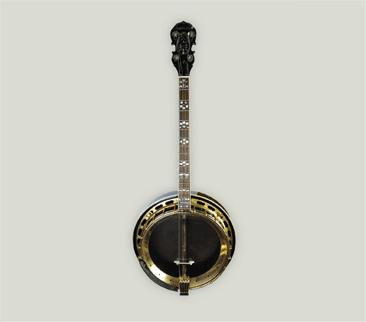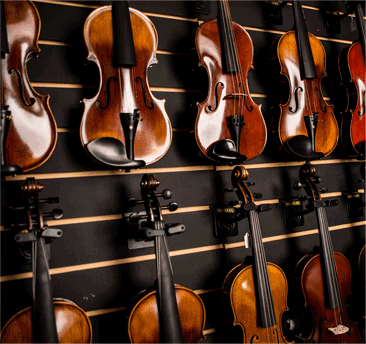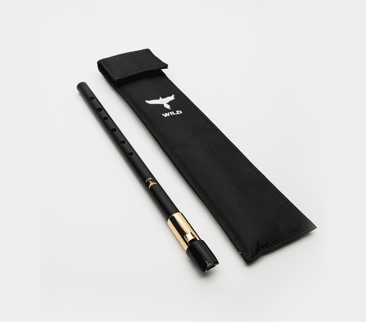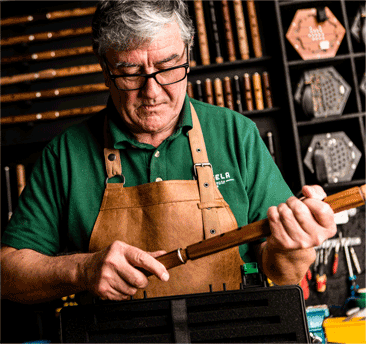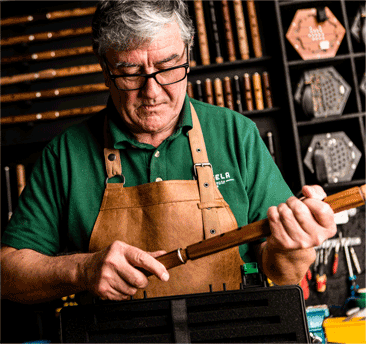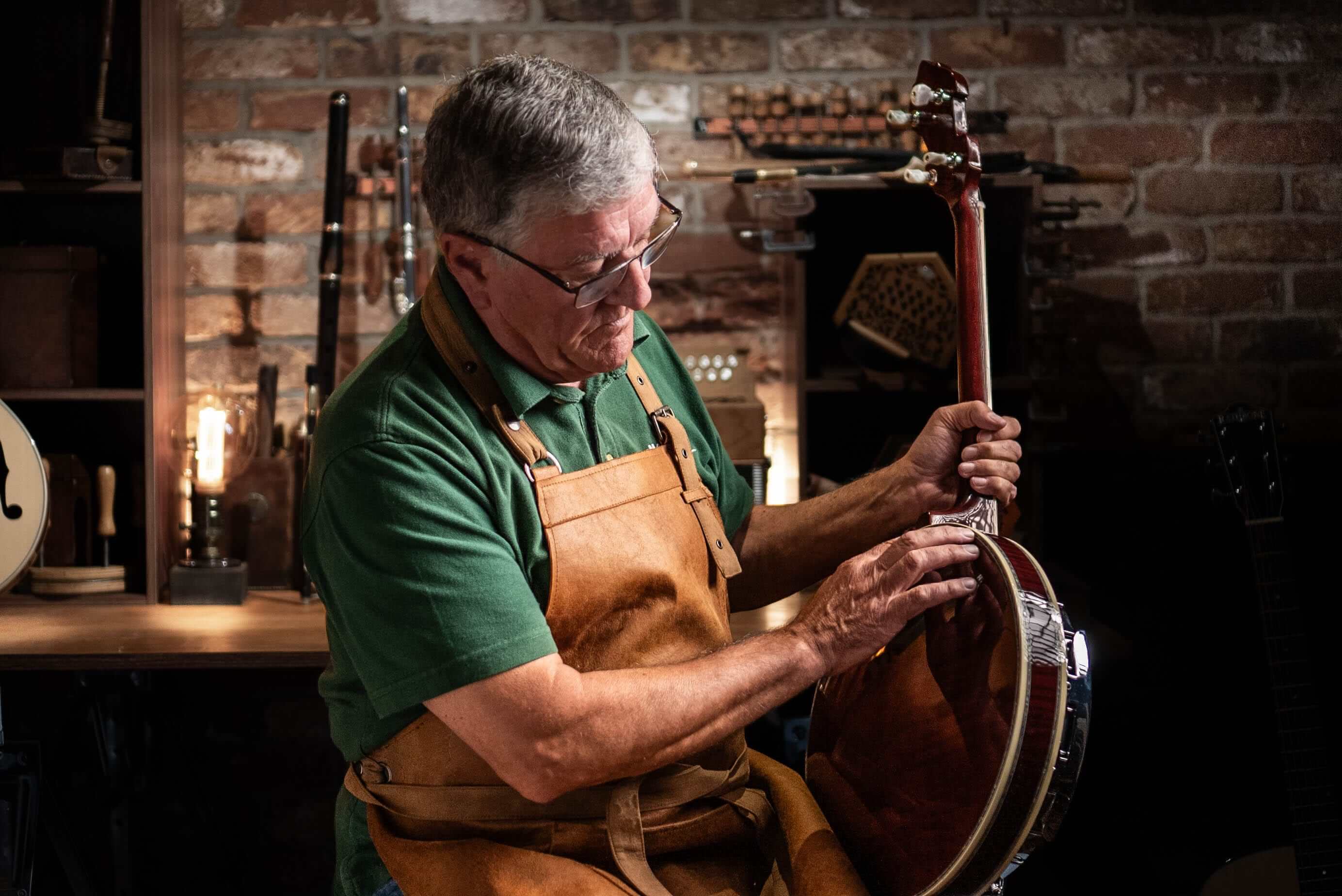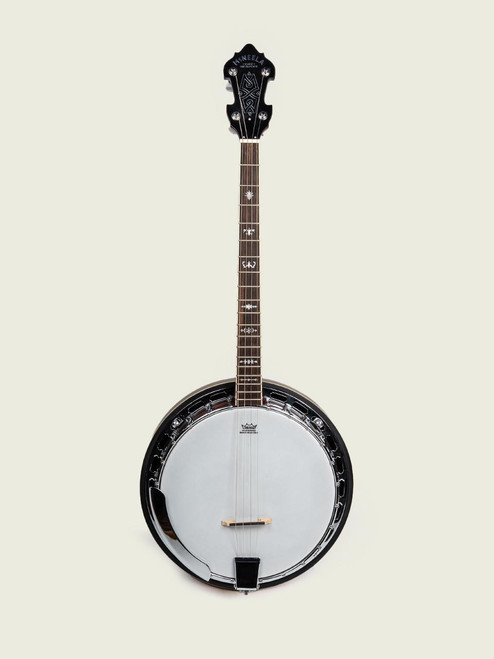- Affordable beginner banjos for Irish & bluegrass
- 4-string tenor & 5-string models in stock
- Starter kits with books, picks & straps
- Free shipping & 30-day returns
- Expert setup by Irish musicians
At McNeela Instruments, we specialise in crafting high-quality, budget-friendly instruments for traditional Irish music enthusiasts and budding musicians alike. Our banjos are specifically designed to help beginners get started with confidence, without falling into the common traps of low-quality, hard-to-play instruments.
Whether you're a first-time learner or picking up the banjo again, you’ll find a great fit in our range of beginner-friendly instruments.
What is the best entry level banjo?
Choosing your first banjo can feel overwhelming, but the good news is that there are a few clear options that make it easy to get started. At McNeela, we’ve handpicked our most reliable beginner instruments — along with complete starter kits that include all the essentials.
- Irish Tenor Beginner Banjos: Our most popular option is the McNeela Celt Tenor Banjo — a high-performance 4-string banjo designed for Irish traditional music. Available in 17-fret and 19-fret models with resonator bodies, it’s the ideal irish banjo for beginners and even intermediate players looking for great tone and reliable build at an affordable price.
- 5-String Beginner Banjos: For those drawn to bluegrass or folk, the McNeela 5-String Banjo is the classic option. Perfect for Scruggs-style picking and bluegrass standards, this 5 string banjo can also be used in Irish accompaniment if you’d like to follow in the footsteps of Luke Kelly.
- Banjo Starter Bundles: To make things easier, we offer complete beginner kits that include essential banjo accessories like straps, picks, tuners, and stands, as well as learning tools such as banjo books. Everything you need to get started with confidence is right here.
- Beginner Banjos from Trusted Brands: Alongside our own instruments, you’ll also find beginner-friendly models from respected makers like Bacon & Day, Framus, Gretsch, and Rettburg & Lange, giving you even more variety in sound and style.
What to Look for in a Beginner Banjo?
- Start with a lightweight model — easier on the hands and shoulders.
- Look for a banjo that stays in tune (bad tuning discourages beginners fast).
- Consider if you prefer melody playing (Irish tenor) or accompaniment (5-string).
- Don’t forget accessories: a strap and tuner make practice far easier.
Why Choose McNeela for Your First Banjo?
Every banjo we ship is inspected and fine-tuned by our team of musicians, because we know how important it is for beginners to start with an instrument that plays easily and sounds right. When you buy from McNeela, you also get:
- Free worldwide shipping on qualifying orders
- 30-day money-back returns
- Secure packaging trusted by players worldwide
- Optional extras installed before shipping (like 5th-string spikes)


















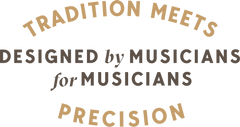


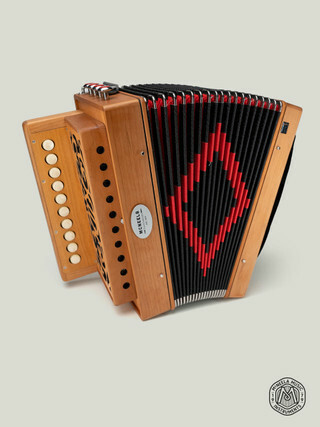
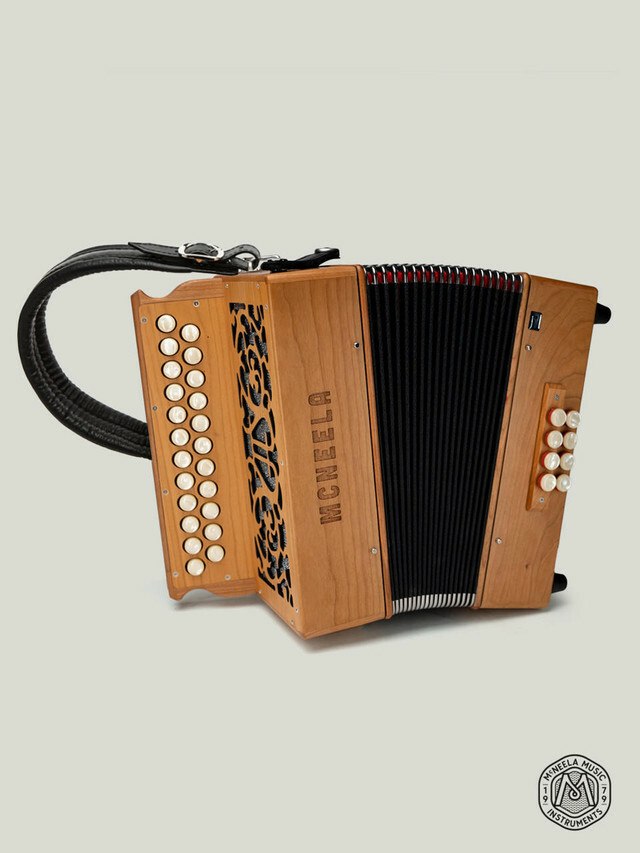
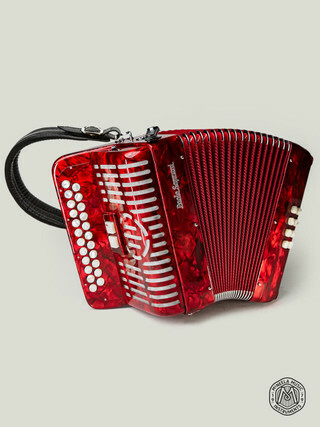


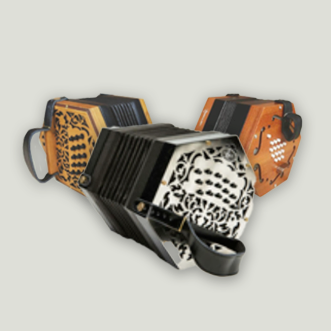
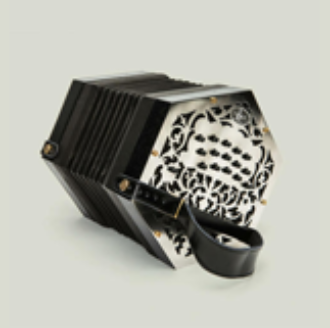
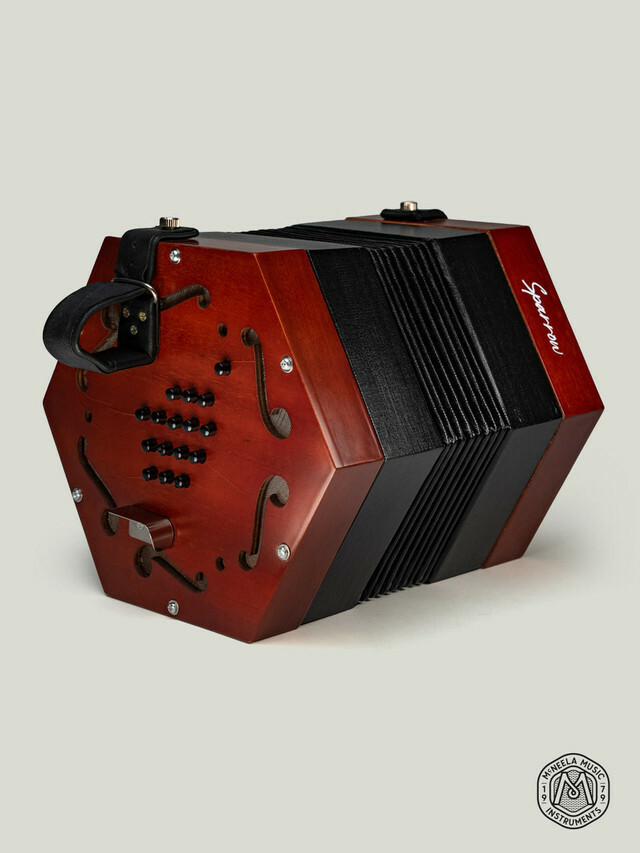
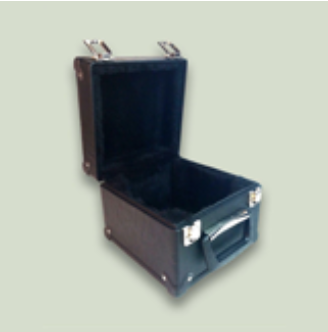

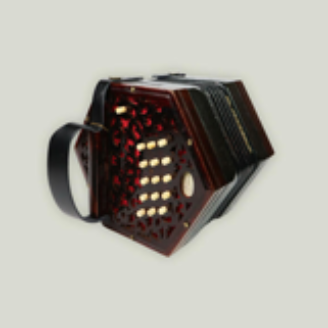

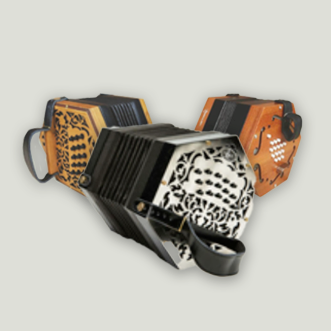
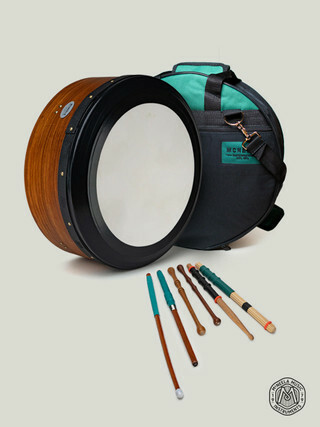
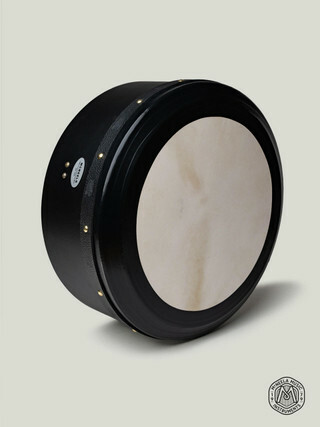
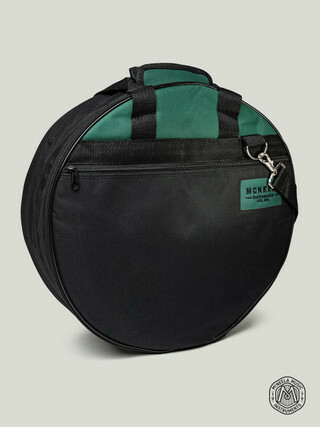
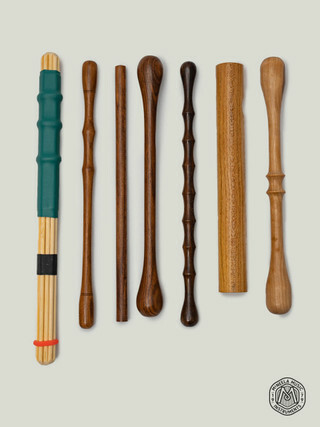
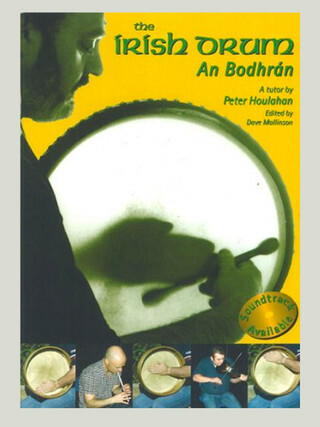

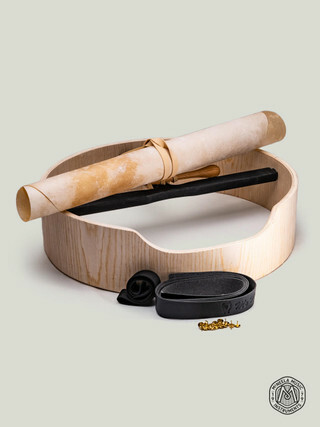
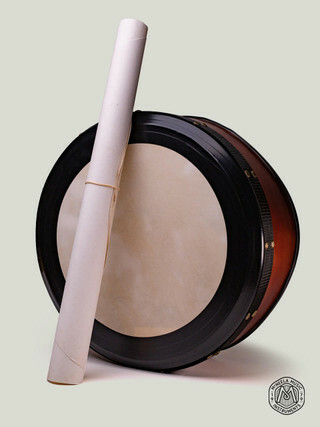
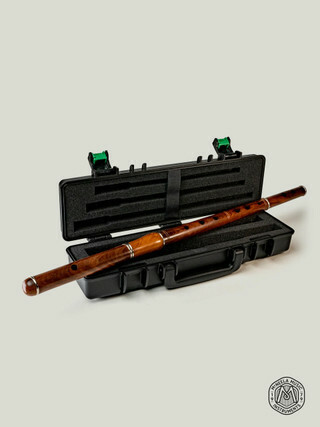
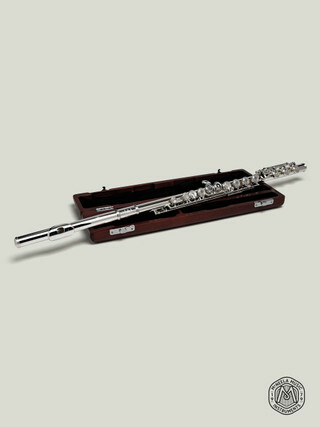
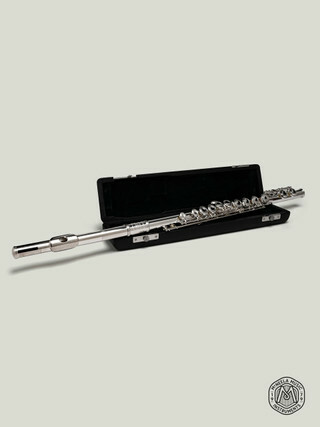
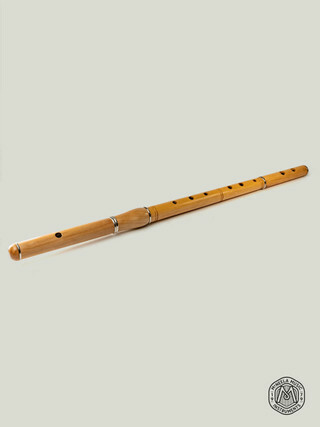
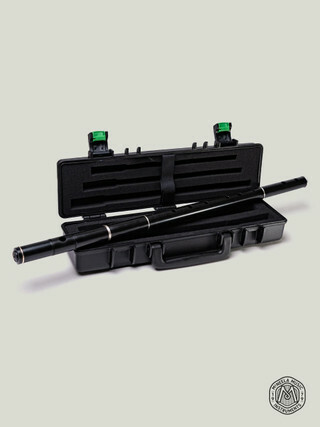
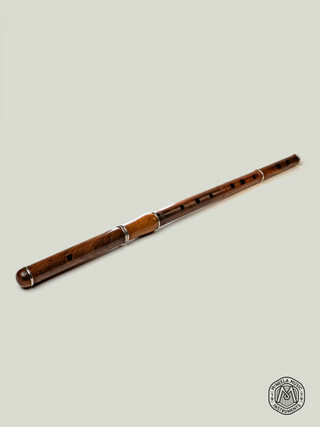
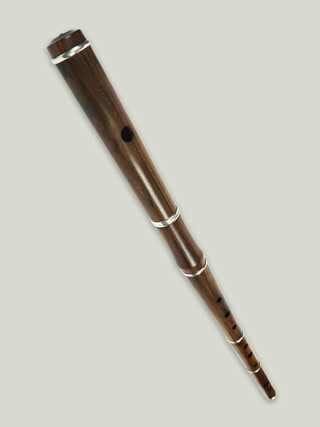

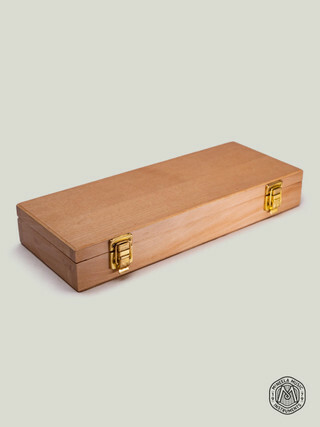

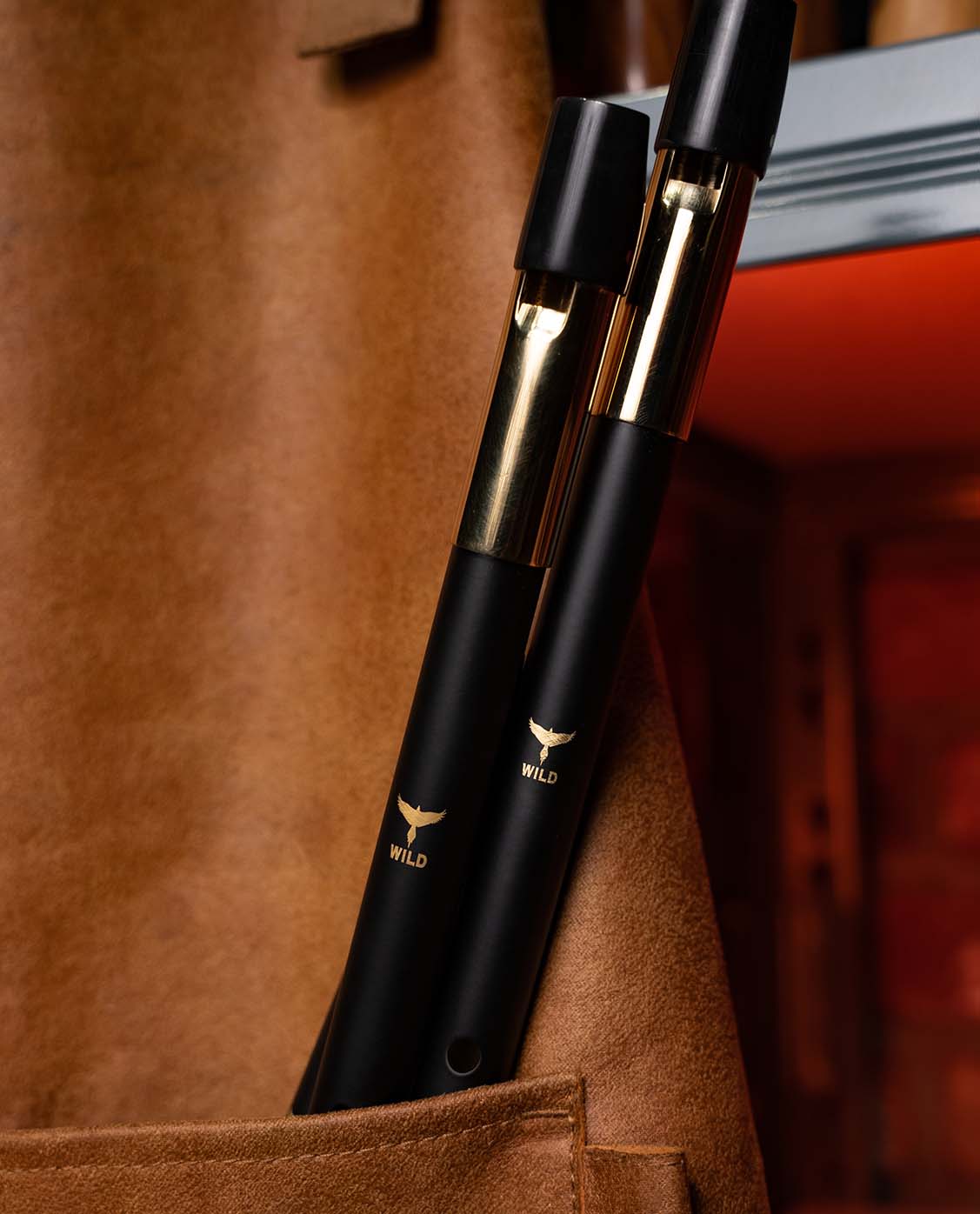
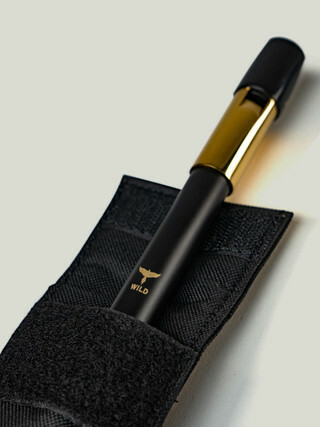
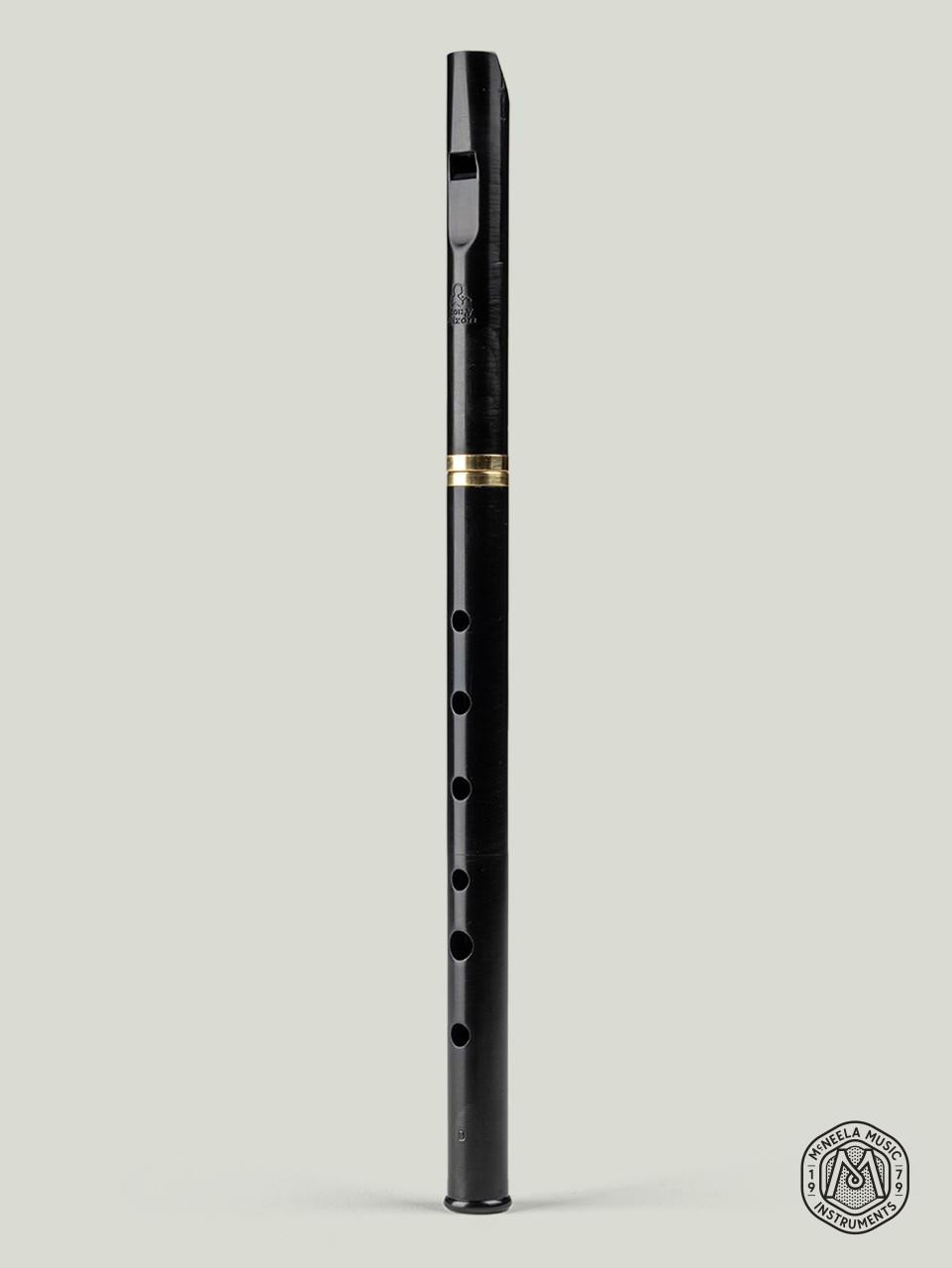
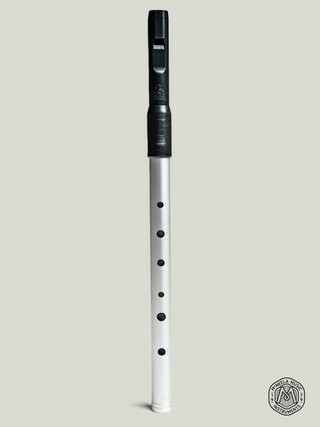
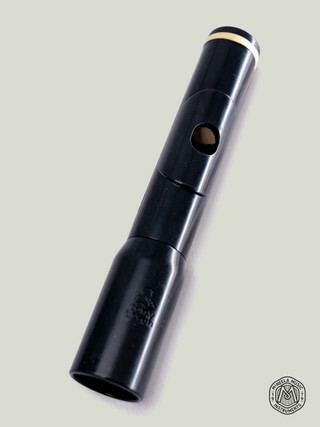

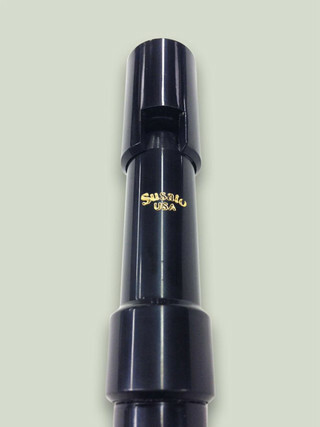
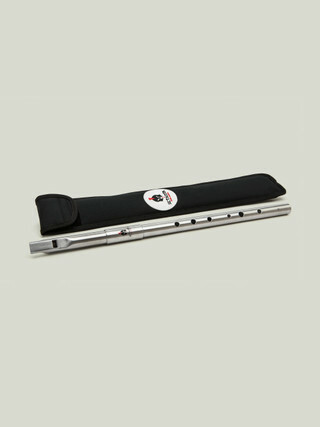
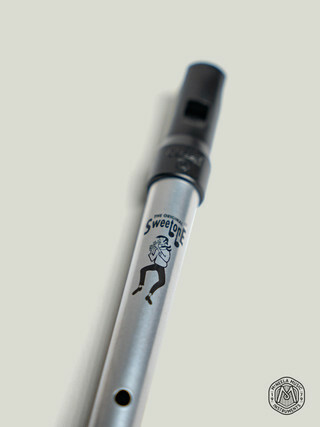
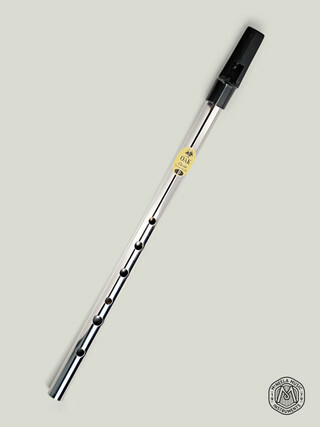
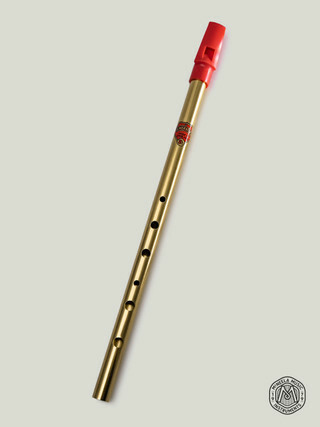
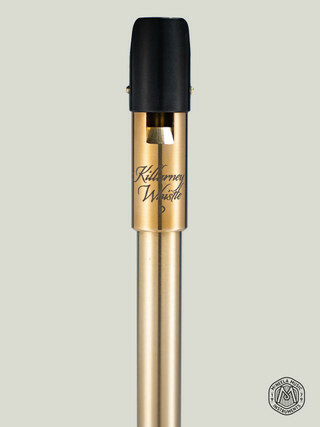
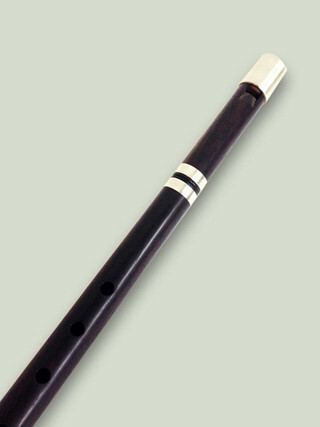
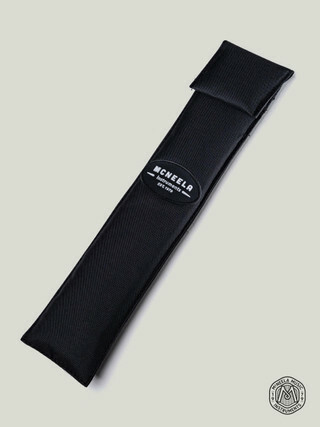
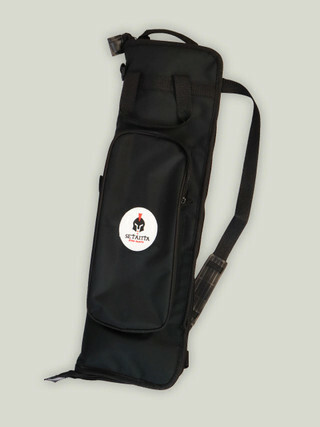


_category.original.jpg)
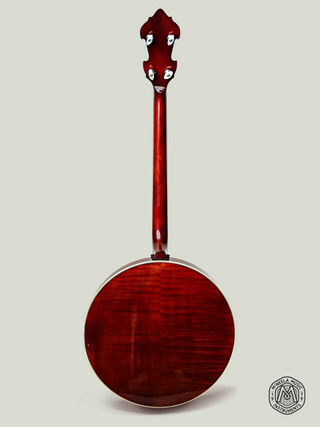



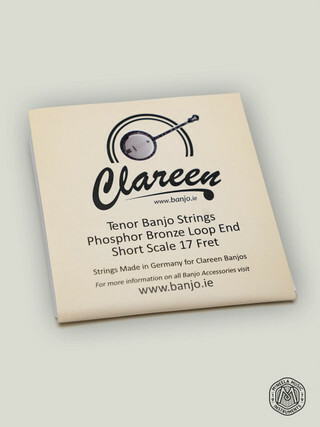
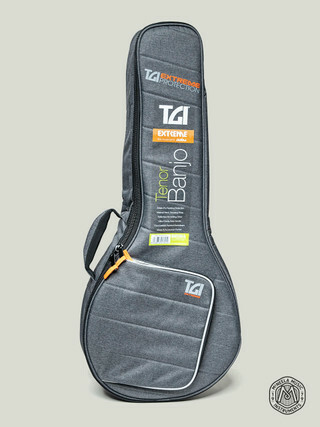

_category.original.jpg)

